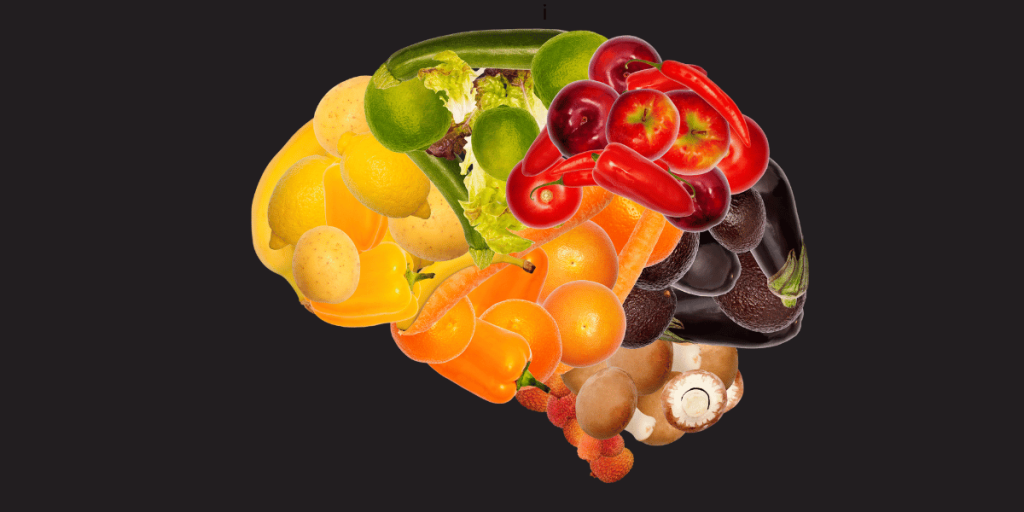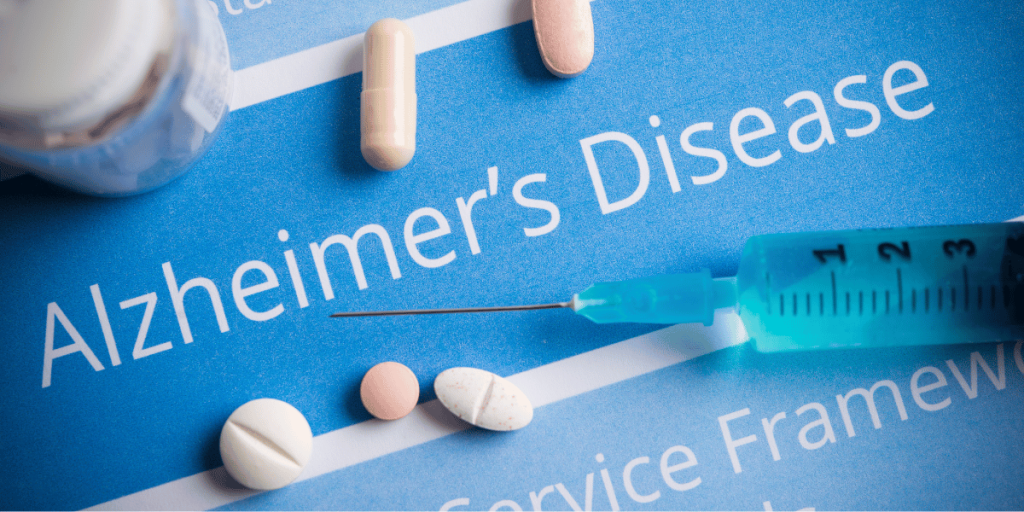Memory loss, a condition often linked to aging, is increasingly recognized as a serious issue that can significantly affect daily life and overall well-being. While aging is a natural process, memory decline is not an inevitable consequence.
Recent research has revealed a surprising link between a common brain nutrient and severe cognitive decline, including Alzheimer’s disease, a debilitating neurodegenerative condition. This finding suggests that dietary choices and nutrient intake play a more critical role in cognitive health than previously understood.
Alzheimer’s researchers have discovered that a deficiency in a vital nutrient, choline, can lead to the gradual breakdown of neurons, which are the fundamental building blocks of the brain. This neuronal deterioration, occurring one cell at a time, significantly impairs the brain’s ability to perform everyday tasks.
Tasks include remembering recent conversations, recognizing familiar faces, or even performing simple activities like tying shoelaces or dressing independently. This article delves into the importance of choline for brain health, the implications of choline deficiency, and practical steps to ensure adequate intake to support cognitive function.
The Crucial Brain Nutrient: What Is It?

The brain nutrient that plays such a pivotal role in cognitive health is choline. Choline is a water-soluble compound that is crucial for synthesizing acetylcholine, a neurotransmitter vital for memory retention, muscle control, and mood regulation.
Despite its essential role, choline is not produced in sufficient quantities by the human body and must be obtained through diet. Unfortunately, many people do not consume enough choline-rich foods, making deficiency common, particularly among specific populations such as pregnant women.
The Science Behind Choline’s Role in Brain Health
Choline is a precursor to acetylcholine, a neurotransmitter that plays a key role in memory formation, learning, and muscle control. This neurotransmitter is crucial for transmitting signals between neurons in the brain, supporting cognitive processes such as thinking, reasoning, and recalling information.
Choline also contributes to maintaining the structural integrity of cell membranes, which is vital for the overall health and function of neurons.
A deficiency in choline leads to reduced levels of acetylcholine, impairing cognitive functions. This decline is gradual and often imperceptible until significant cognitive dysfunction occurs. The early stages of choline deficiency might present as mild forgetfulness or difficulty concentrating.
As the deficiency progresses, symptoms may worsen, leading to severe cognitive decline and an increased risk of Alzheimer’s disease and other neurodegenerative conditions.
The Importance of Choline Throughout Life
From infancy to old age, choline plays an essential role in brain development and function. During pregnancy, adequate choline intake is crucial for fetal brain development and the prevention of neural tube defects. For adults, maintaining adequate levels of choline is linked to better cognitive performance and a lower risk of memory-related issues.
As individuals age, their risk of choline deficiency increases due to changes in metabolism and dietary habits. Ensuring a consistent intake of choline-rich foods can help mitigate this risk.
Foods Rich in Choline

Incorporating choline-rich foods into your diet is an effective way to support brain health. Some of the best dietary sources of choline include:
- Eggs: Particularly the yolk, which is one of the richest sources of choline.
- Liver: Both beef and chicken liver provide a substantial amount of choline.
- Fish: Varieties like salmon and cod are not only rich in choline but also provide omega-3 fatty acids, which are beneficial for brain health.
- Meat: Lean meats such as chicken and turkey are good sources.
- Legumes and Nuts: Peanuts, soybeans, and lentils contain moderate amounts of choline.
- Cruciferous Vegetables: Broccoli, Brussels sprouts, and cauliflower offer a plant-based source of choline.
- Dairy Products: Milk, cheese, and yogurt also contribute to choline intake.
Enhancing Brain Health: Beyond Choline
While ensuring adequate choline intake is crucial, maintaining overall brain health involves a holistic approach. Regular physical exercise, mental stimulation, and a balanced diet rich in antioxidants, vitamins, and minerals are essential for optimal brain function. Activities like puzzles, reading, and learning new skills can help keep the brain active and promote neuroplasticity, the brain’s ability to adapt and reorganize itself.
Conclusion
Understanding the connection between choline deficiency and memory loss provides an opportunity to take proactive steps in preserving brain health. By focusing on a diet rich in choline and engaging in lifestyle habits that support cognitive function, individuals can reduce their risk of severe memory decline and maintain their quality of life as they age.
This video shows you all the mistakes you made in the bathroom in your early Alzheimer’s.


